Ashwin Subramanian on chess, photography, and life!
Ashwin Subramanian is a Chess and Technology Evangelist, Software Engineering Manager at Intel, brilliant photographer, and regular donor to the ChessBase India Foundation. Known all across the chess world as a gem of a person, Ashwin turned 46 years old today! In this occasion, Sneha Tiwari writes an extensive article on Ashwin's various skills, and a candid Q&A session with the man himself. Read the full article below:
Happy Birthday, Ashwin!
I first came to know about Ashwin in 2020, during the pandemic. I came across his photos on Instagram, and they instantly attracted my attention. For someone who loves photography and chess, this person looked like someone who was somehow combining both. I followed him immediately and his photography journey, with a little knowledge of the kind of person he was. Over the course of the next few years, he became a good mentor. I suggested a TV series that he really liked. Coincidentally, it also showcases the life of a person who was following his dream, which someone would say was "too late" for him. Why is it a coincidence? We will unearth that in this article.
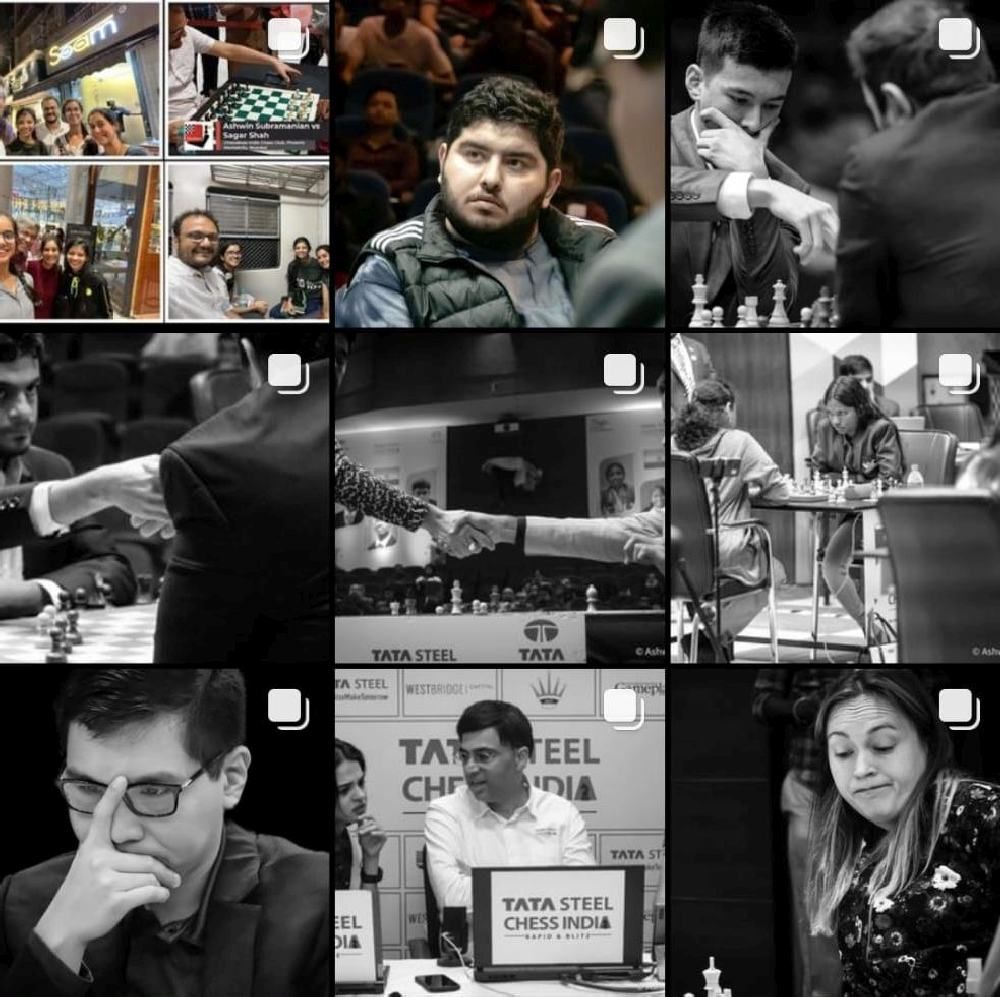
A person with a heart of gold and a zeal to learn. He could be talked to about everything and anything, and he would make sure to learn and impart his knowledge in the best possible way. After knowing him online for so many years, it was nothing less than a positive aura that I felt when I met him at the Chennai Chess Olympiad. The meeting was brief, but his bright smile made it all less overwhelming. I have always been curious about his life and the person behind all of this, and I knew in my heart that I had to cover him in my own way. So, when the opportunity came, I asked him if he would be down for an interview, which he instantly agreed to. Over the course of the next few months, we communicated and had meetings where I got to know so much about his life. However, when I started compiling and writing, I met with a huge obstacle. What to write about someone on whom already so much has been written, and how to show his life from a different perspective that has not been covered before? As I started writing, it came to mind: how about just covering him like the person he is? On his birthday, let’s get to know more about the person who has beautifully combined the worlds of chess, photography, and technology while giving back to the community at the same time. A prime example of- “It’s never too late to start your own journey and pursue your dreams!” In this article, we will cover every aspect of his life and then see how beautifully they all merge to make the life of this talented human being.
Chess
Like any regular kid, Ashwin was crazy about cricket from the start. Training under the best coaches in India in Chennai, he started taking professional coaching when he was just 10 years old in the 5th grade. But as fate would have it, within 3 years, his mother got transferred to Mysore, and he had to leave his world of cricket behind. He could not continue his training as there were no good options in Mysore for cricket at that time. At the same time, the 1990 world chess championship between Kasparov and Karpov was underway, and the Hindu covered it brilliantly, with the notations and all. As a young child, Ashwin knew how the game was played but never pursued it. However, this article was so beautifully written that it caught his attention.
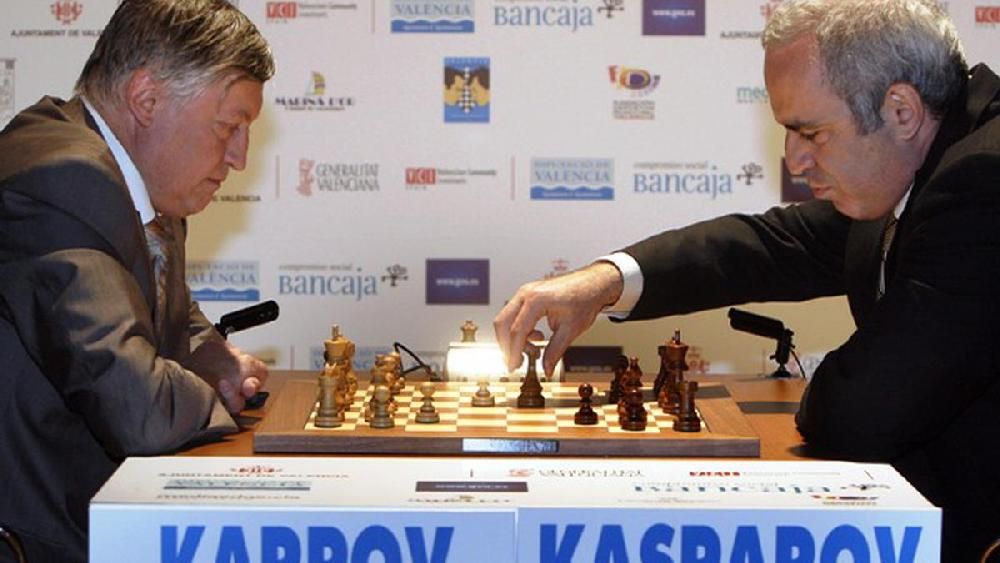
He wanted to learn more about the game, so he borrowed a book called "Winning Chess" from his friend’s father to learn notations and other basics. Around the same time, his father, who was about to start a computer teaching institution, dropped the idea but kept one of the computers he had purchased, and it became what one could say was Ashwin’s best friend for life. He started learning, practising, and playing with the computer and soon improved his game. He then went on to finish third at the Mysore district chess tournament.
As was the case with many children in the country, Ashwin could not make a professional career in chess due to his studies. Their fascination with engineering and technology caught his attention, and he decided to end his chess journey in 1992 when he came 6th in the Karnataka state chess championship. Ashwin left chess, but chess never left him. He kept following the game, major events, and everything until, in 2007, he started playing online again. However, there was something missing, and that was completed when he started teaching his daughter chess and then took her to the U7 rapid event in 2008.
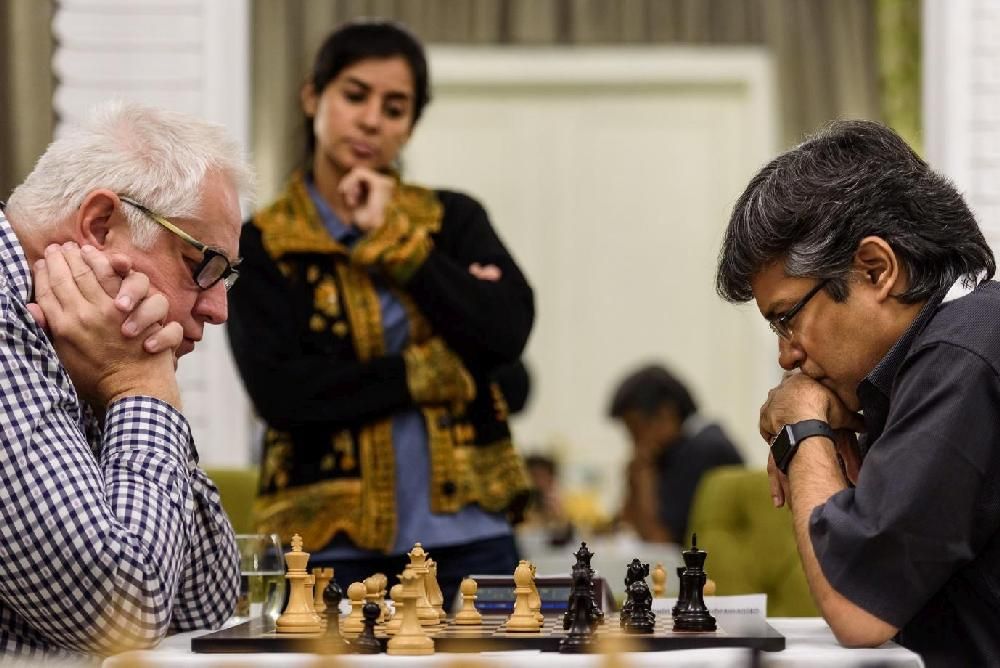
God gave him a chance, and they had an open section in which he could play, and he could not stop himself. With a decent score and a new fire to work hard, Ashwin finished that tournament with a score of 3/5. Over the next few years, he played many more games and finally flew to Greece in 2017 to play his first classical event, the ACO World Amateur Chess Championship. When asked about Ashwin’s strengths, he says, "My never-stop-learning attitude is my biggest strength. I may not have won many tournaments, but the friends I made on the way, the lessons I learned, and the opportunities I got opened doors for me and made me who I am today."
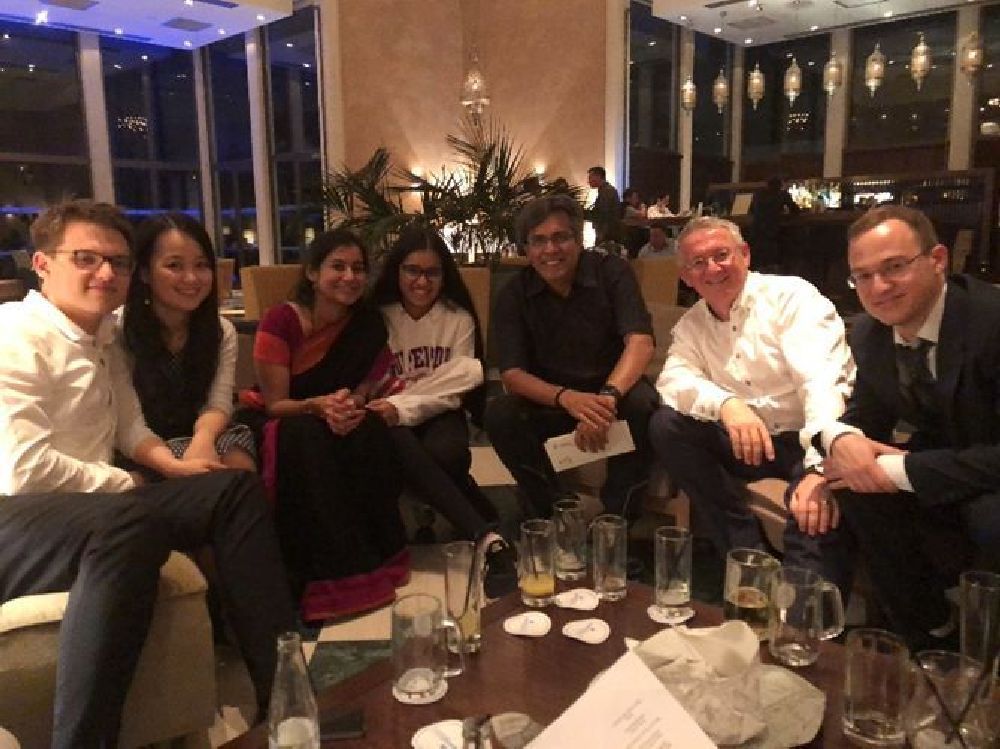
In 2017, one of his friends, Daniel Yarur, suggested that he attend the Global Chess Festival organised by Judit Polgar, where he would be one of the key speakers in the coming years. In 2018, on the auspicious day of Teacher’s Day, ChessBase India started the Pursue Your Chess Scholarship, whose main motive was to help talented players pursue their chess goals without having to worry about the funds. The motive behind it is simple. Ashwin says:
"I don’t want to impose any age or gender restrictions, but the player should be willing to put in the effort and have reasonable chess talent that they can build on to pursue becoming a professional. I wanted to call this "Pursue your chess" scholarship because, in my own case, I couldn’t afford money for books, coaching, or travel for tournaments when I wanted to and decided to quit chess to pursue other career goals. One personal story is that when I wanted to buy a book on two Kasparov-Karpov matches, it was Rs 35, and my mother and grandpa both refused, saying it was very expensive. This was in 1991. My aunt lent me money, and I clandestinely went to the store and bought it. That was my last chess book until I started earning myself! This was when I was in 9th grade. So yes! "Pursue Your Chess" is what I’d like to enable by doing my bit to reduce the financial burden on aspiring chess professionals! "
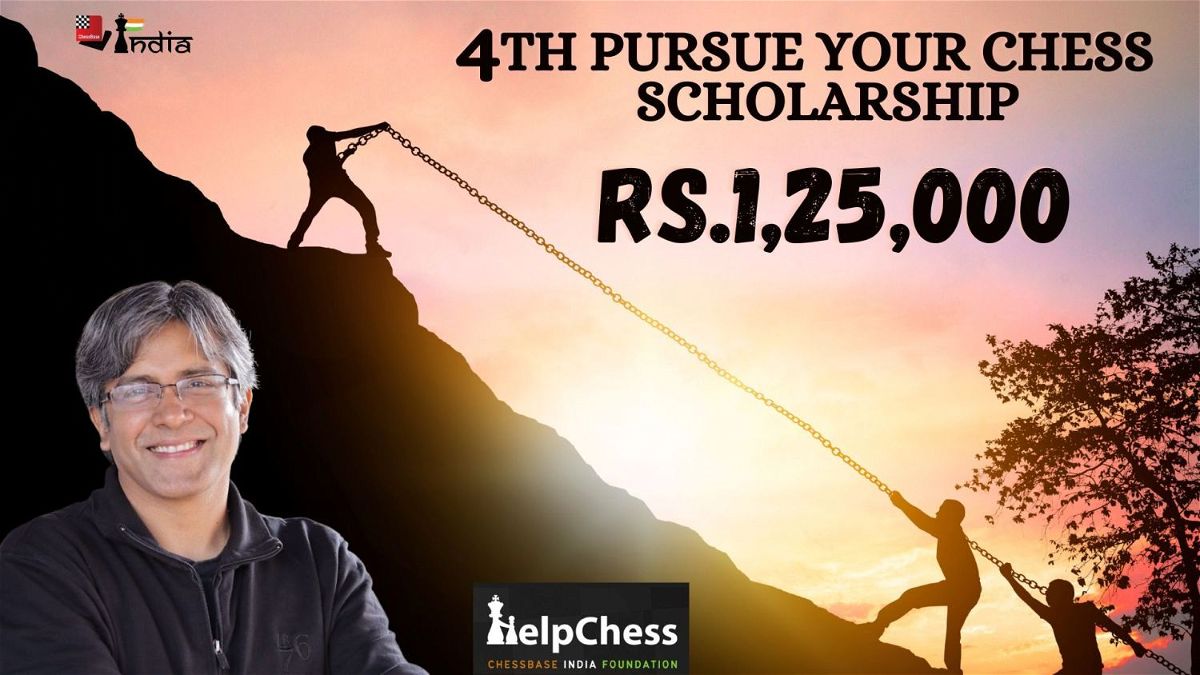
Technology
It is hard to say if Ashwin’s first love was chess or technology, but both are so interconnected in his life that, to date, it is hard to separate the two. When asked what is the one thing that binds chess, photography, and his professional field, he says "Powerful computers". Ashwin has loved computers and technology ever since he was a child, and it was this love that motivated him to study and explore a new field- biofeedback, and its role in chess. His experiments and studies made him famous as the "heart rate guy" in the chess world.
With biofeedback, the audience and other people can easily monitor the heart rate of players during the game. It is not only crucial to make the game more interesting for the people, but also can be quite critical in post-game analysis.
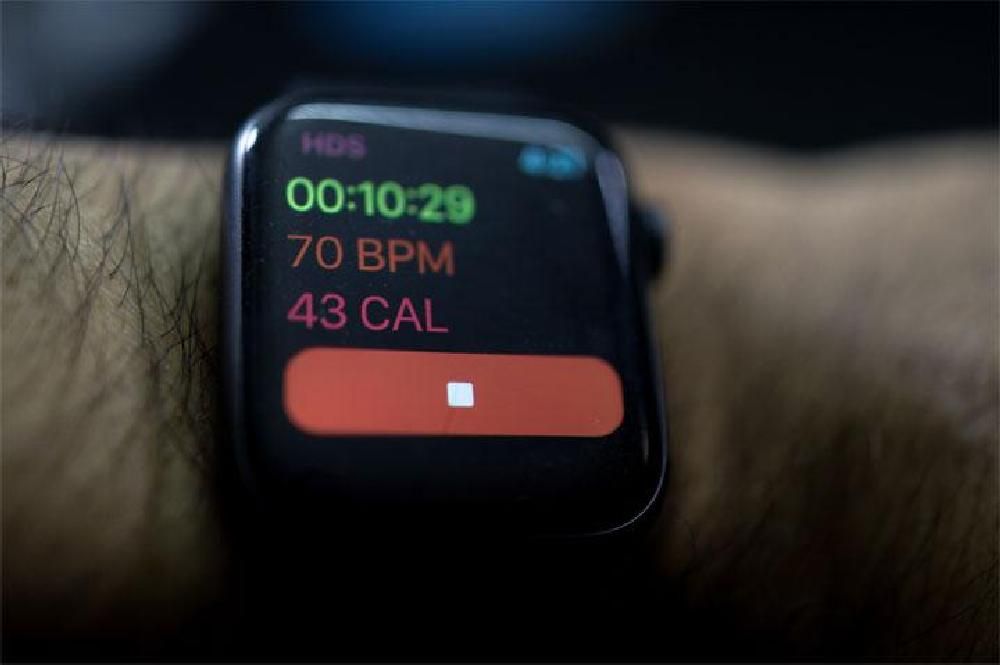
Over the years, there have been debates about whether chess is a competitive sport or not. Being someone who has played a physical sport such as cricket and a mental one such as chess, Ashwin believes that chess requires the same amount of physical and mental strength as any other sport.
"It is a game where you have to sit for hours and hours concentrating on a single game, which not only requires the players to be physically fit but also mentally strong. A study shows that chess is one of the very few games that stimulates all parts of the human brain. One’s physical and mental strength need to be at the top of the game to be one of the best."
Over the years, Ashwin has helped many players with their technological needs. He even suggested the idea of using Speedify to combine multiple internet connections to Vidit to avoid internet disconnections when India drew their match with Mongolia due to Internet disconnections.
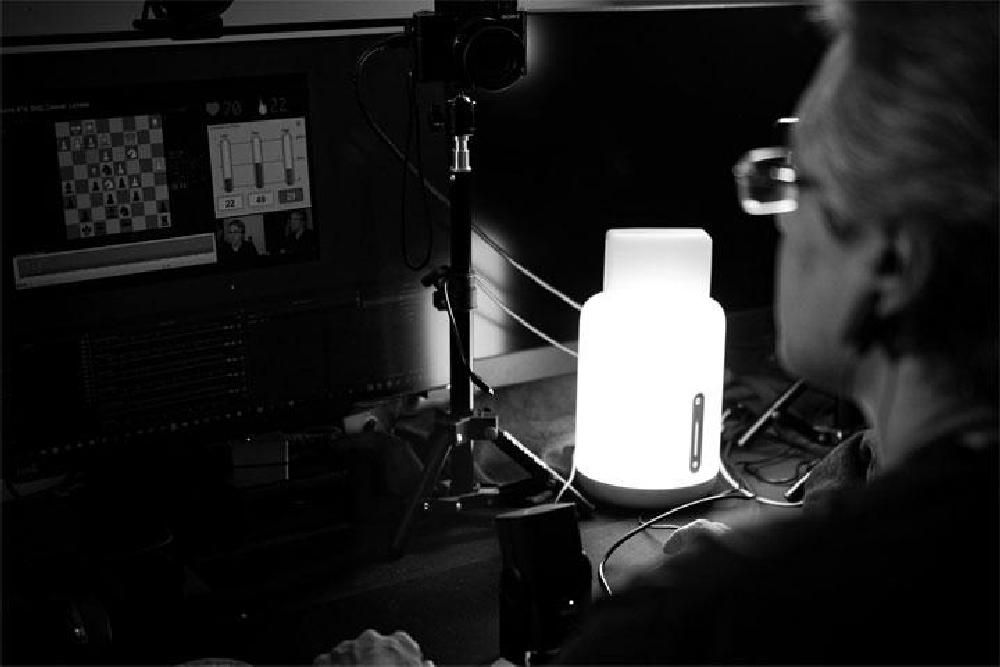
Photography
Photography has been a huge part of Ashwin’s life for a while now, and at first, it was not at all related to chess. He loved documenting his life visually—his family and travel experiences. He used to capture photos casually and has a huge collection of them in his storage. However, when his daughter started giving stage performances, Ashwin started taking photographs of the entire event to share with her dance school. His hard work, dedication, and love for photography were recognised, and in 2017, the school owners suggested that he cover their entire annual event for them as their official videographer.
Ashwin did not let go of the opportunity and invested in a good DSLR, learned to edit, and covered the entire event, compiling 5+ hours of footage into a 15-minute video. While shooting with a DSLR, his love for photography increased.
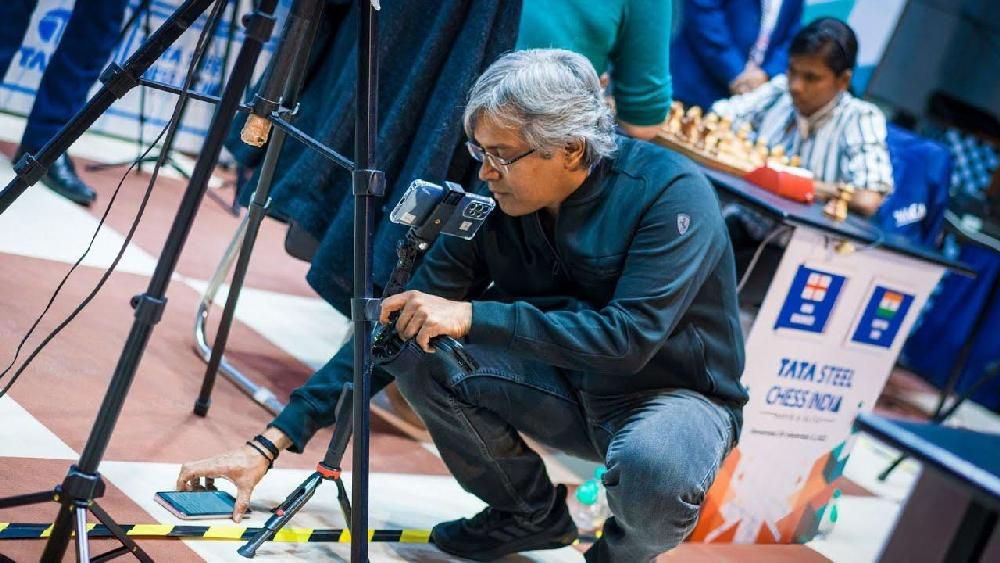
As they say, opportunity knocks on your door many times in life; you just must be brave enough to take it, and that’s exactly what Ashwin did. He recalls,
"Armed with all this experience, I mustered up the courage to request permission to do photography at the 2019 Tata Steel event in Kolkata! Jeroen, who is the Tata Steel Tournament Director, gladly helped me get permission to do so (I met Jeroen at the Global Chess Festival, and we are good friends)! Sagar and Amruta were very encouraging and used a lot of my photos in their articles, as well as sharing a lot of my photos via Facebook. Thus began my chess photography journey. I did photography at Tata Steel in 2019, 2021, and 2022; the WACA event at Bangalore; and most excitingly, I did photography at the 2022 Chess Olympiad in Chennai (many thanks to Sagar and David Llada for this).”
When asked who he look up to in the chess photography world, Ashwin says,” I truly admire the work of Alina L'Ami, David Llada, Stev Bonhage, Lennart Ootes, Maria Emelianova, and Amruta Mokal!".
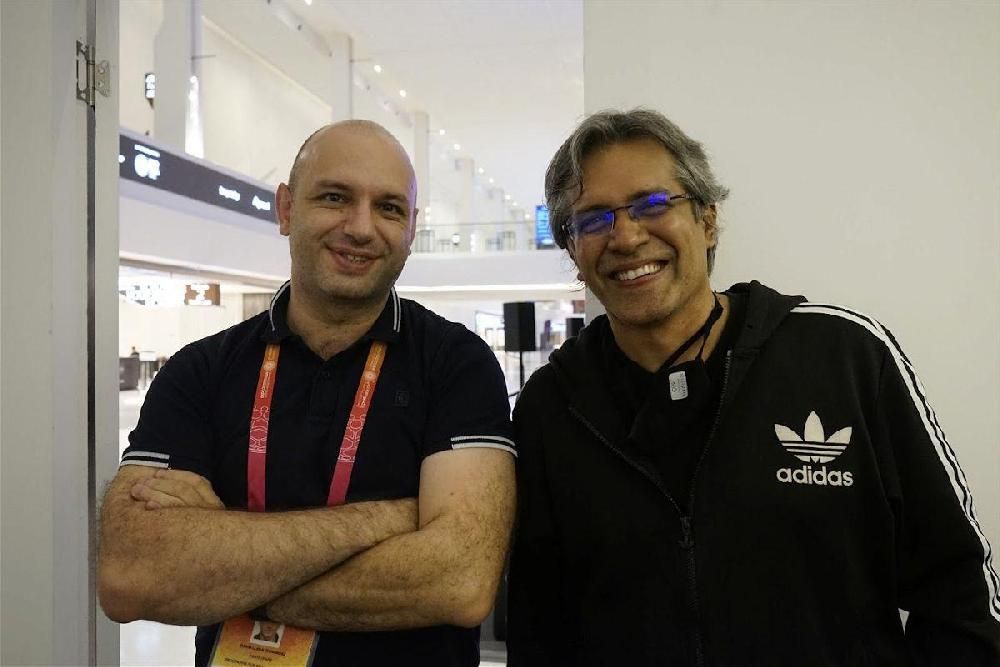
Life
Human beings are social animals, and as it is rightly said in an African proverb, "If you want to go quickly, go alone. If you want to go far, go together!" The feats that Ashwin has achieved over the years and the way he continues to grow and learn would not be possible if not for the support of the people around him. While conversing with me, I asked him if he thought he would have been able to achieve the same things and be in the same place he is today if not for his friends, family, and loved ones. And he immediately said, "No!"
He said that over the years, on this journey of life, he met with many amazing human beings and had the opportunity to interact with and learn from them, and that’s what has helped him do what he has done. From my perspective as well, what a person is today is a culmination of all the people he has met over the years and the kind of support he has received. This article would be incomplete without a word of gratitude for the people who have been instrumental in Ashwin's life. I asked him who he would like to thank, and he instantly sent me a list. His response was,
"In terms of gratitude, it would be a huge list: First, my family—my wife Aruna, my daughter Anjana, and my parents—are always with me during my life journey! They are the ones who always had faith in me and encouraged me to start my chess journey again. My wife, Aruna, even though she is not a chess player, would encourage me, travel with me to all my games, and patiently wait for them to get over. Whereas my daughter is one of the key reasons why I re-entered the game!
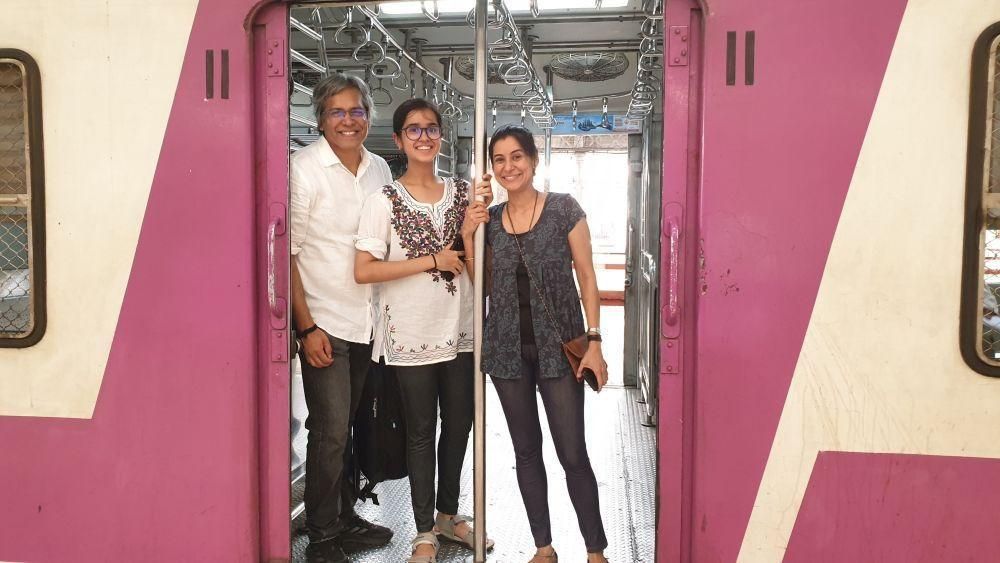
From a chess perspective, a lot of people have been very kind to me, but a few of them have been particularly inspiring, encouraging, and supportive: Ramesh, Sagar, Amruta, Judit Polgar, and Frederic Friedel—they were all immensely generous in so many ways!"
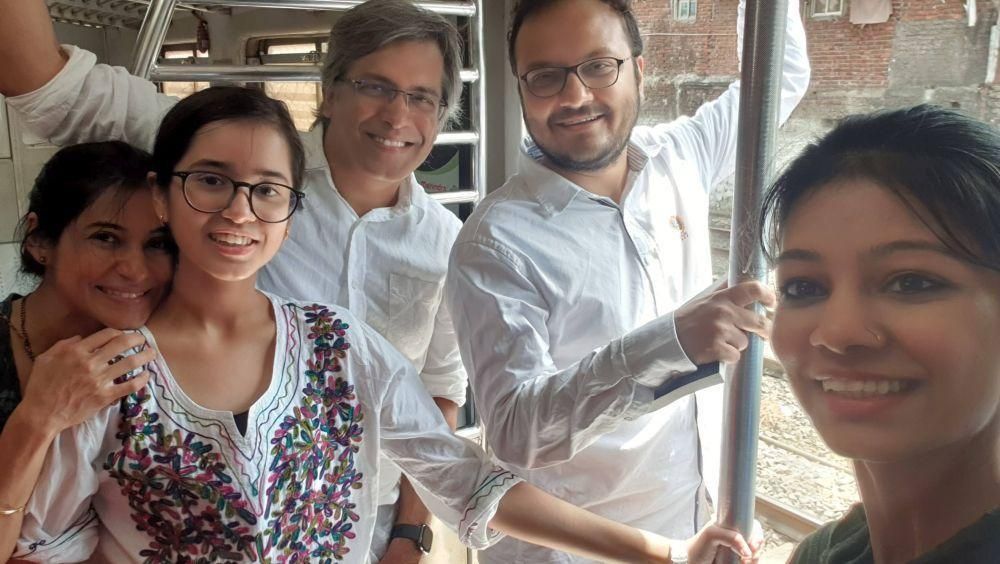
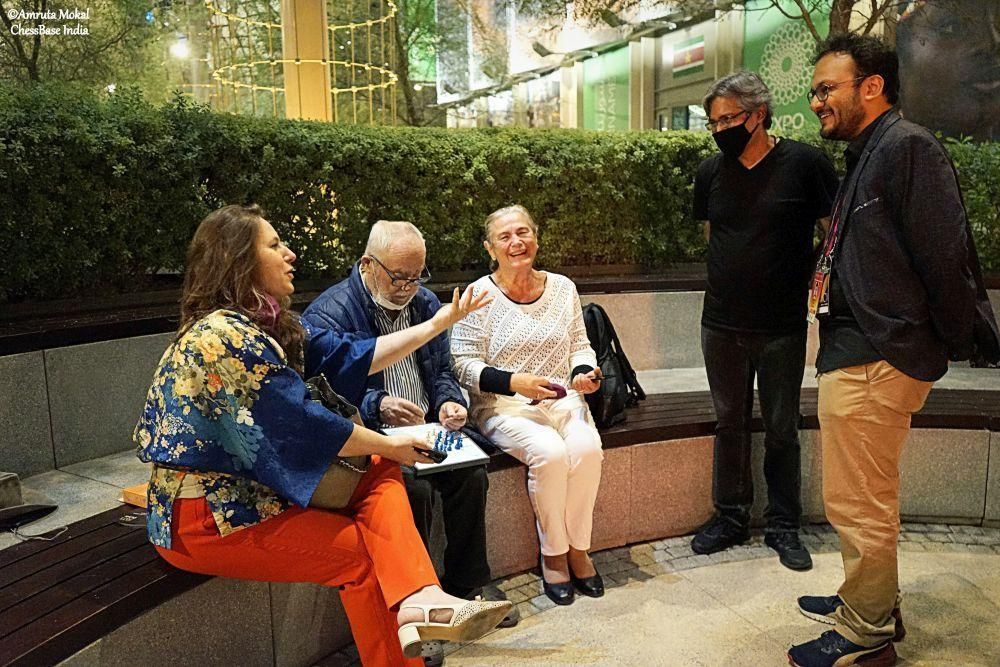
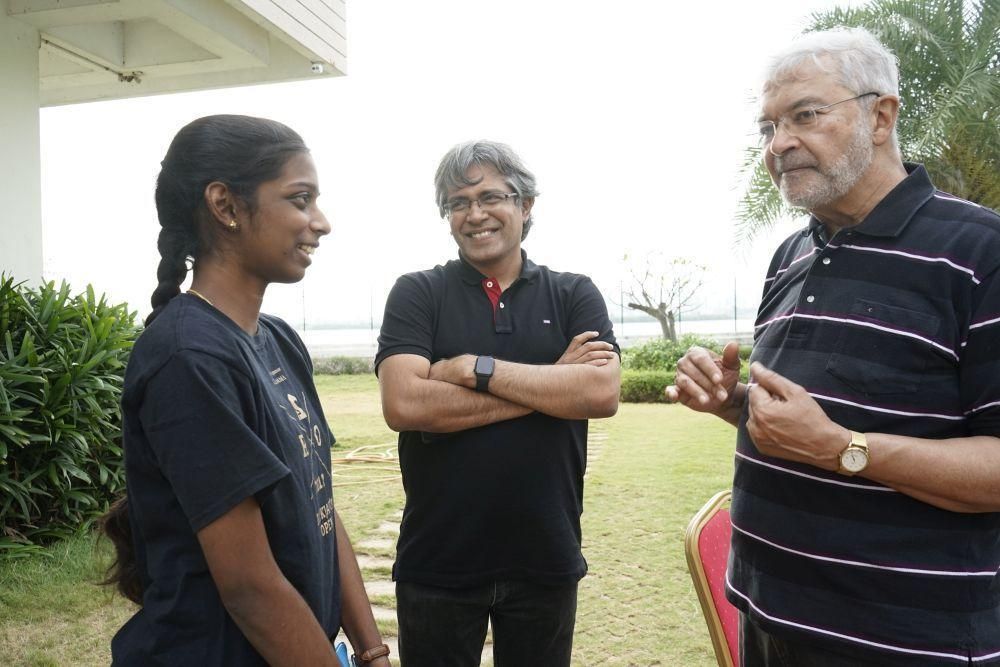
Ashwin goes on: "Vishy Anand, for being such an inspiration—one of the main reasons why I even played chess! It was one of the best moments of my life, talking to him as part of my photography course for a full 5 minutes over Zoom!
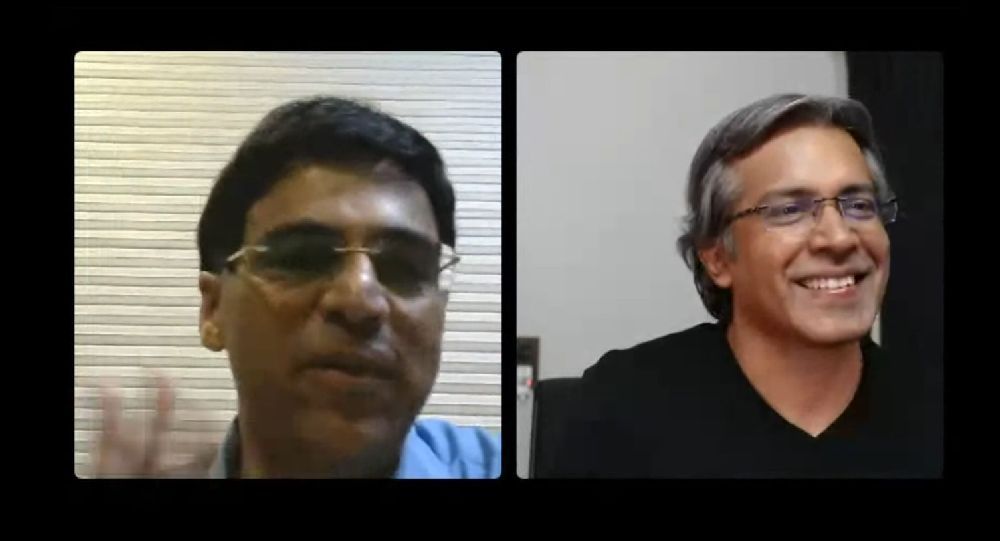
On 10th Dec 2021, the World Chess Championship match between Carlsen & Nepo ended prematurely. The same evening I landed in Dubai, hoping to catch at least a couple of games! I’ve always learnt that “everything happens for the good” and on 11th Dec 2021 I could spend precious time with Vishy Anand on his birthday and also take my first picture with him!
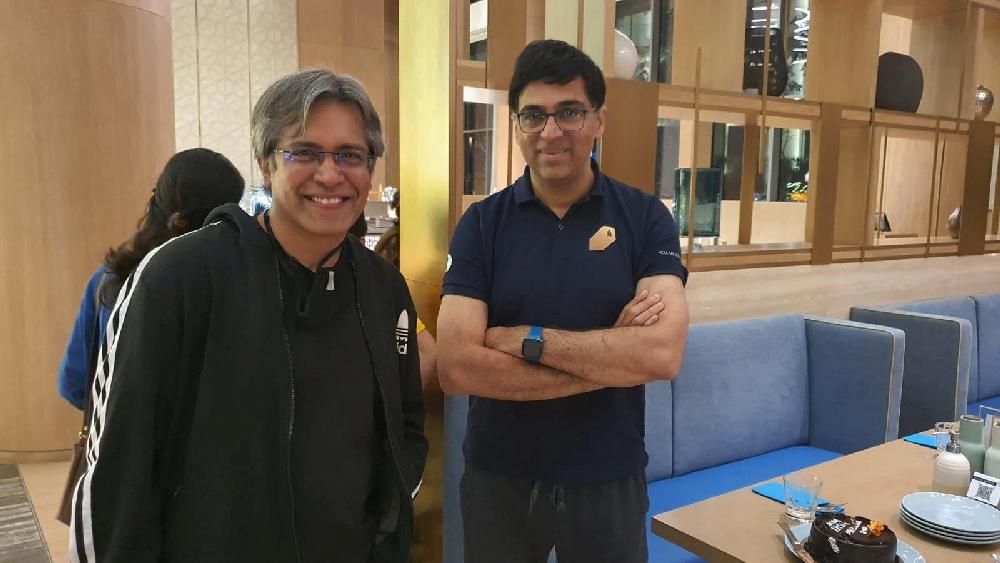
Vidit has been a wonderful friend and someone from whom I’ve learned a lot, both from a chess perspective (from his graphy courses) and from spirituality standpoint!
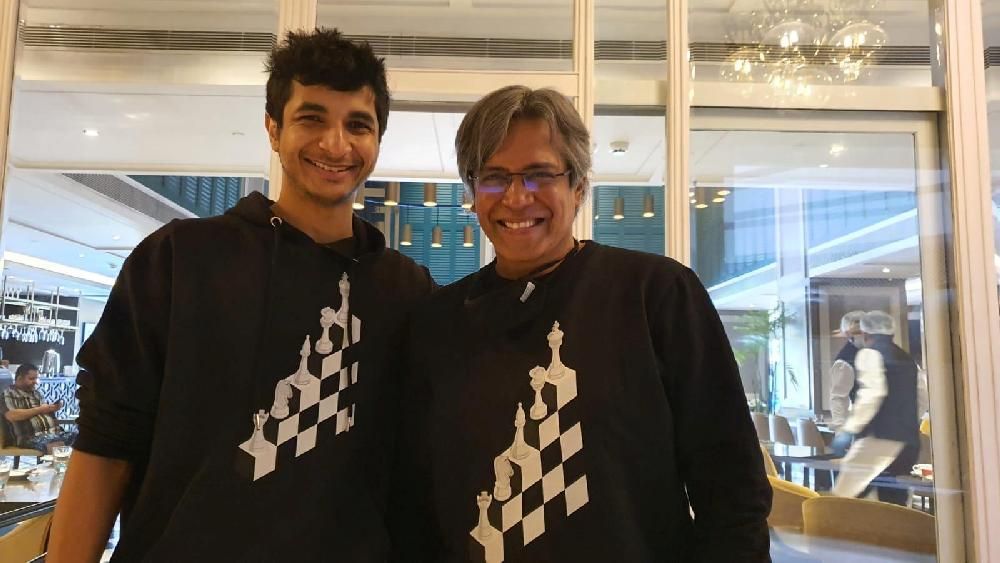
I am super grateful to Priyadarshan Banjan, who helped with an early project by connecting me with Vidit and Nihal, which was a starting point for my work on biofeedback in chess!
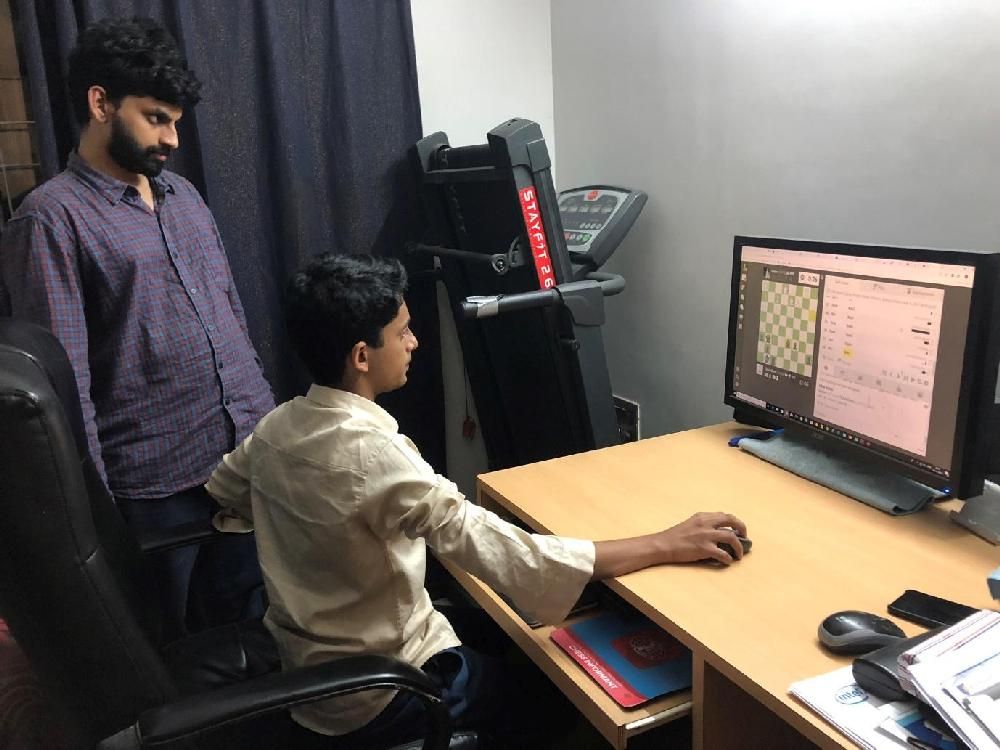
For the song we presented at the 2019 Global Chess Festival, we are super grateful to Niklesh for writing the beautiful song! For my Global Chess Festival talks at the 2021 and 2022 events, I am very thankful to Padmini, Soumya, Sid Warrier, Avetik, Srinath, Polina, Gunay, Raunak, Surya, Anish Giri, and chess enthusiasts Aneet, Tapesnu, Sneha (you), and Tina Popli for taking the time to offer valuable feedback and insights!
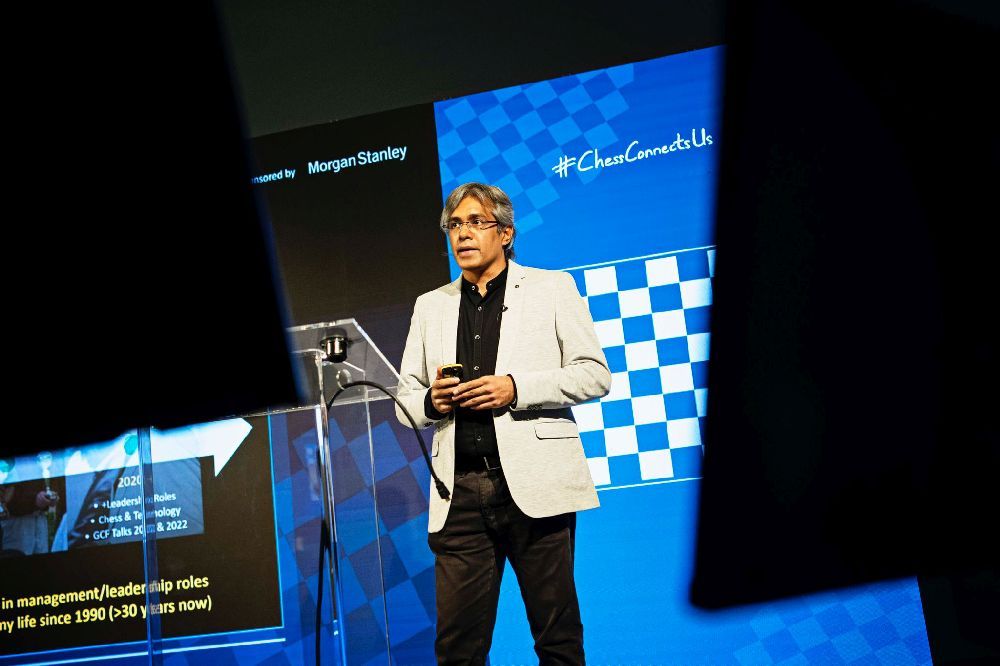
For all my chess photography work, many thanks to Jeroen (Tata Steel tournament director) for enabling me to do photography at Tata Steel India events and David Llada for being an inspiration with his photography and helping me with my photography at the Chennai Olympiad! And Alina L’Ami, Stev Bonhage, and Lennart Ootes for inspiring me with their excellent work! One of my cousins, Pradeep was instrumental in helping me learn photography and select the right equipment, and his work continues to inspire me! Lothar Hirneise, the ACO event organiser, is someone I’d like to mention as well. In 2017, after having a wonderful start to my ACO event, I had my first loss in the 7th round on my birthday.
He came by and sat with me over lunch to cheer me up, which somehow had a profound impact. I told him at the end of the event that I looked forward to coming back in 2018 and promised to do better! When I won in 2018, he remembered this and mentioned it in the prize-giving ceremony—a beautiful gesture, and I learned a lot from all my interactions with him. From my work standpoint, I’ve had a lot of mentors at work, and I'm very grateful for their generosity throughout my career, as well as my colleagues for always making me feel like it was an extended family at work!"
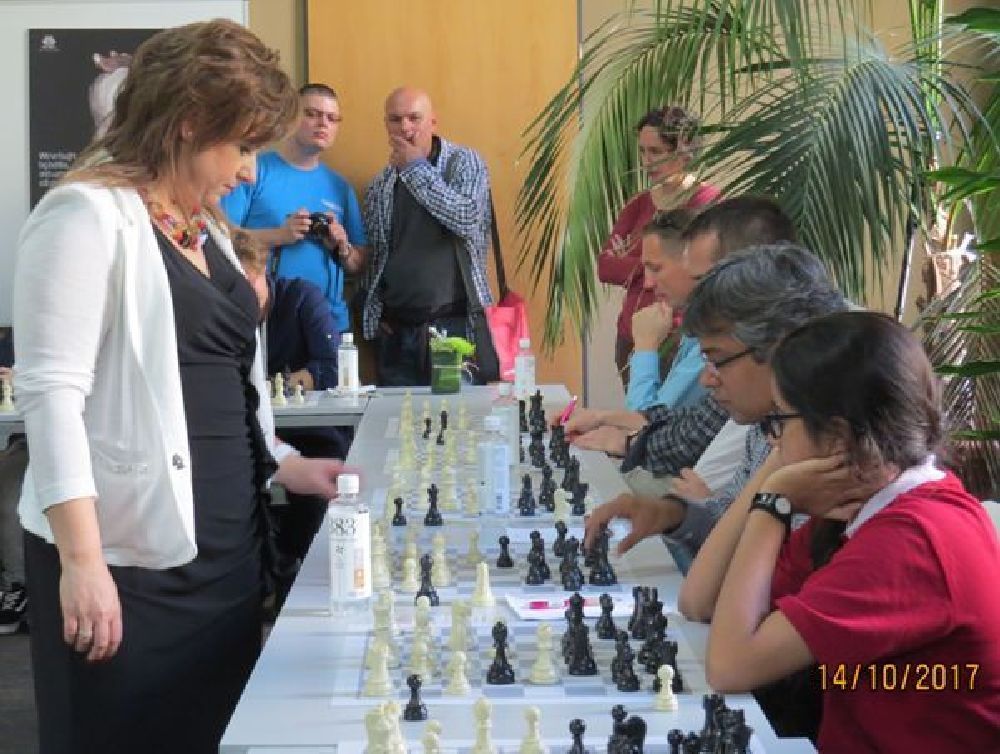
It is amazing to see the kind of support one receives over the years that shapes the life of a person and eventually goes on to affect the lives of others, like a domino effect. Today, Ashwin is keen and is doing all that he can to give back the love he received from the chess community. When asked what more he wants to do in the chess world, he said,
"In addition to contributing financially, there are three main areas where I currently contribute and plan to continue to do so: a) Technology: Chess professionals need to rely a lot on technology—powerful hardware and software. I would like to use my experience in the tech industry along with my understanding of chess to help players with their technology needs, such as a computer (desktop or laptop) buying decisions, software installation or configuration, etc.—anything I can do to help so that they can focus on their chess! b) Biofeedback: I truly believe that biofeedback could help make chess more exciting for the audience while also helping players improve. GCF video and heart rate monitoring at Vidit-Anish, Gukesh-Arjun, and Tata Steel 2022 c) Sponsorships: In addition to contributing personally, I hope to be able to get corporations (especially the tech industry) to invest more in chess."
If given the same life under the same circumstances, I feel there are many people in the world who would have given up on their dreams and chess a long time ago. People get overburdened by their responsibilities, and sometimes their dreams die along the way. However, that was not the case for Ashwin. Although his aspirations temporarily suffered setbacks, he is currently accomplishing far more than he could have ever anticipated and giving back to the chess community in a way that many find difficult to fathom.
Question and Answer Session with Ashwin
Sneha Tiwari (ST): What was it about that article that prompted you to pick up chess and learn more about it?
Ashwin Subramanian (AS): I guess it was the language. It was this half-page write-up in the Hindu, and I have never seen so much coverage of chess in my life. So, when I saw this level of coverage, it encouraged me to read it, and I loved the language and how it was written. They talked about the sacrifices, tactics, and so much more, and it intrigued me. I remember there was this one line where Kasparov "revived" the Scotch opening after decades, and it fascinated me. That’s how I started following chess, learning more about it, and playing it.
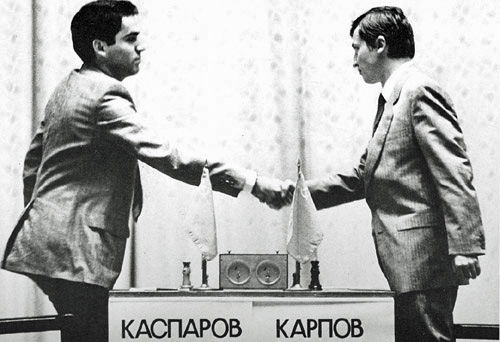
ST: You knew the game, so why didn't you play it before?
AS: I think I was such an outdoorsy person that whenever there was an opportunity, I would go outside and play. Also, at that age, I didn’t have the patience to sit in one place for long and play inside. Moreover, the environment around me was such that no one in my family played chess. My uncles were cricketers, and my dad knew how to play chess, but there wasn’t any external motivation. So, I think that chess took a back seat.
ST: It is said that reading about something and experiencing it first-hand are two different things. So, do you think that applies to chess as well? If one just reads about the game, would that theoretical knowledge help if they did not practise in real games?
AS: I think this concept is very relevant in chess. Especially for a beginner, playing is like 80 per cent important and 20 per cent reading from a book. Chess is such a complex game that you need to put it all together and know how to use it; it is not easy just to read about it. You must apply those concepts again and gain a total understanding of them.
ST: What is it about technology that excites you the most?
AS: I think it started with exclusivity. I was among the very few people who had computers at that time, and I remember taking my computer to school for my science project. I had written some programmes on the computer using Basic, and I could play different carol songs, and people were so fascinated by that. I loved it! Going forward, the advancements in technology and what these devices could do have always fascinated me.
ST: How do you think technology will affect the world of chess?
AS: Chess is a mind game, and the effect it has on the mind and body of the player can only be understood by the person playing the game. Studies have shown that a game of chess stimulates all parts of your brain, and players can even lose 6,000 calories while playing a single game. However, when an audience member looks at the game, it seems boring. Just the two players playing a game for hours, and I think that’s where the technology can make it interesting. Just like with biofeedback, if we can show the audience in numbers the things that are going on inside the mind and body of the player, such as their heartbeat, I think that will make it more interesting.
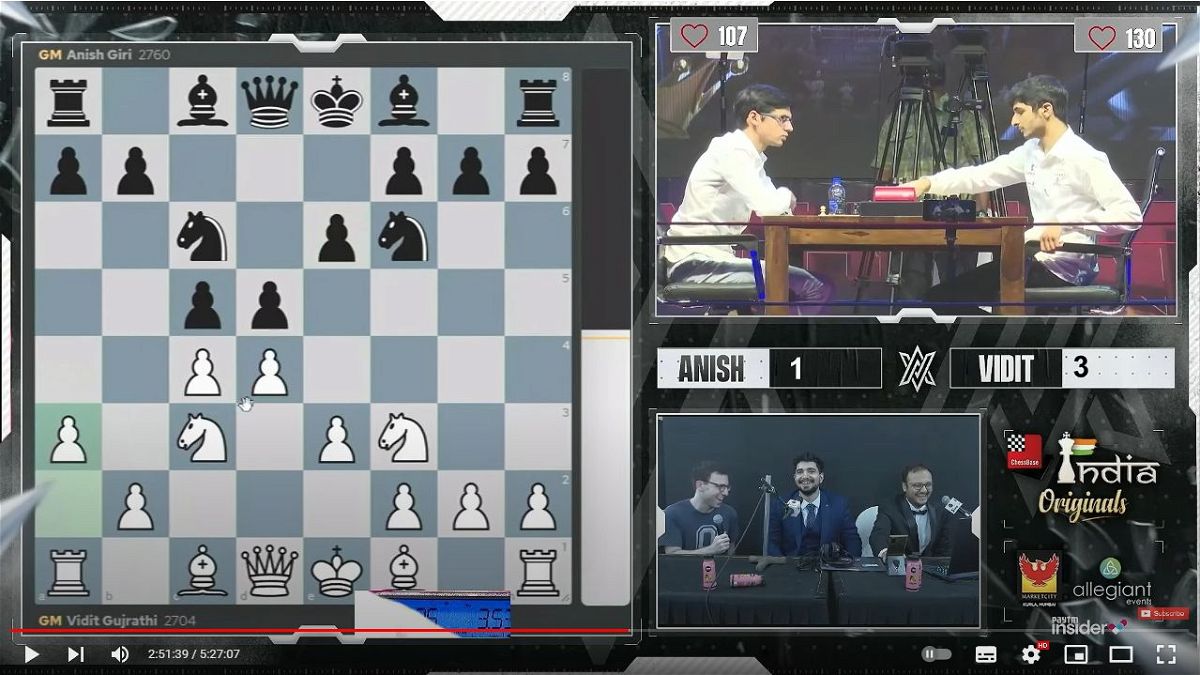
For example, between Vidit and Anish’s deathmatch, Vidit’s heart rate went up to 170+. Imagine that he was sitting there calmly playing chess, even if the data is a little wrong. Let's say it was 160; even that was high, and that could be shown with the help of technology, which made the game more exciting for people.
ST: Following up on that question, do you think emotions affect a lot in the game of chess?
AS: Definitely, because what happens from a neuroscience perspective is that when a part of your brain takes over, it cuts down on logical thinking. For example, in a death situation, your instincts will take over; you can’t think logically at that time for your own survival. On the other hand, chess is a game where emotions have little space; it's all about logic. During the game, if you get emotional, it will affect your thinking. Having said that, I know it's impossible to totally control your emotions, but what matters is how quickly you come out of them. Recovery is the most important thing for a chess player.
In my personal experience, as well, I used to practise a lot with computers, and when I analysed my games, I found that the moment I thought I made a blunder was just a minor mistake, but what happened was that the emotions that followed made my subsequent moves a real blunder, which made me lose the game.
ST: As a chess player yourself, how do you think chess players control their emotions during the game?
AS: So, I think every player has a different approach to that. For example, Ding talks about drinking water. I think it's all about mindfulness—how to be present now when your emotions take over. You must shift your emotions to the present; otherwise, you are just thinking about the past mistake or future loss or win. So, it’s all about bringing your mind to the present and letting your logical thinking take over. For this, one needs a lot of practice, which also includes physical fitness along with mental fitness. For me, meditation has helped me a lot in my personal and professional lives.
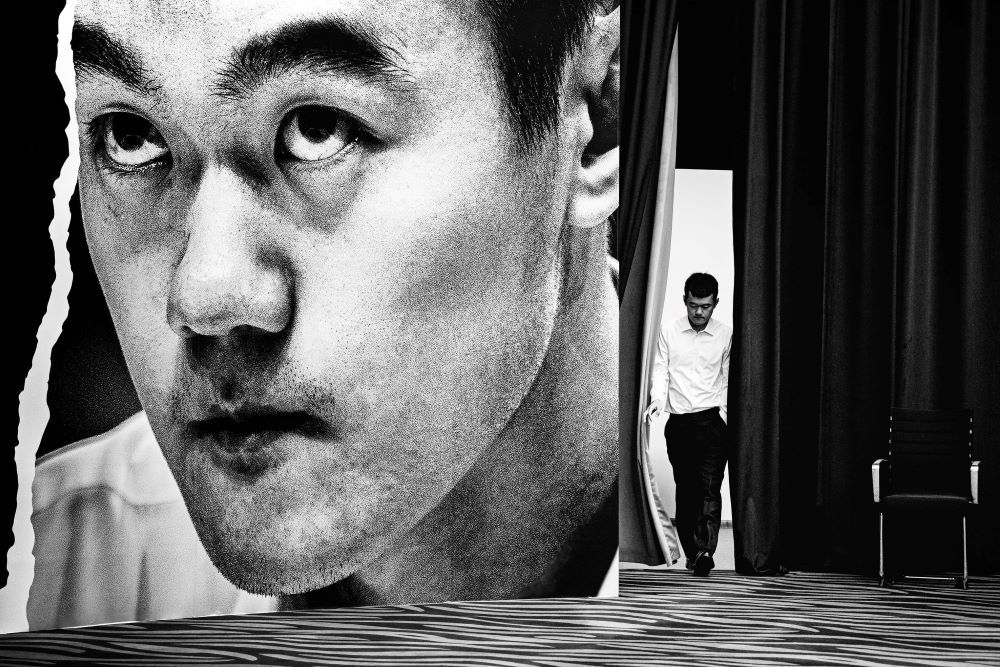
Regarding this, I think Ramesh gave good advice in 2018 on my birthday, just before the tournament was going to start. In one of the seminars at that event, Ramesh was speaking on handling tournament pressure, and he said, "If you are playing a game, don’t think anything about winning or losing. Just focus on the next move!", and that sort of became my mantra.
ST: Drawing parallels to day-to-day life, do you think playing chess can cure anxiety and depression to some extent? I mean, in anxiety, you are always living in the past or future; you are never in the present. Do you think playing chess can have a positive effect on that part as well?
AS: Of course, I am not an expert in these areas, but my personal belief is that any mental game that requires a lot of focus and attention can be a very good complement to other things like therapy and physical sports that can help cure it. Let’s say someone has attention deficit disorder. Playing or practising chess can be a great way to help them focus on one thing for a few minutes, and then they can train the muscles accordingly.
ST: What do you think chess gave you that you felt the need to give back to the community?
AS: I felt chess helped me gain a lot of skills. I used to reflect on this quite a lot, especially in the past 3–4 years, and that's when I came up with the idea to give an overview of the leadership qualities I learned from chess. If I must pinpoint three of them, one thing I would say is how to deal with failures. I would see this a lot in my professional career: people can't handle failures, and I experienced this first-hand: people who played any sport can come back and recover from a failure much more easily than those who did not.
The other thing I learned was to learn from others and take in coaching. I especially see this a lot in a cooperative environment; very few people think about mentoring rather than people’s experiences.
And the third aspect was about decision-making, especially about trade-offs. So in chess, there’s this concept of sacrifice, where you sacrifice something to get something bigger three or four moves later. In life, you don’t get many opportunities where you get exposed to that, and chess does that again and again. I learned from chess how to balance out the pros and cons in any situation and give my best.
ST: You met so many eminent personalities in the chess world, like Judit, who is more into playing, Ramesh sir, who is more into coaching, and Sagar, who is into media. Anything you found common in all of them that encouraged you a lot in life or your chess career?
AS: I think one thing I found common in all of these people you mentioned is their "dare to dream big." All of them are from totally different directions, but all of them have this thing in common: they do something different or big.
For example, with Judit, it started with her father, who dared to dream big for his daughters, and the results are such that she is still one of the strongest players in the world of chess. In the case of Ramesh, he dropped everything and decided to start chess coaching when it was not very big in the country look at the results today; he is one of the most famous chess coaches in the whole world. Sagar, I have seen him blogging and writing articles for so long and see where he is today. I think this ability to dream big and focus all your energy on that dream is not easy, and that takes a lot of courage.
ST: How do you manage your personal, professional, and chess lives?
AS: Not at all easy; my priorities are my family, my work, and chess, so I have very little life outside these 3 focus areas; it's all about prioritising (e.g., no social life as such). Even within chess, I end up prioritising travel to events for reasons other than chess (talks, photography, heart rate monitoring, etc.)
ST: Do you have any regrets when you look back at your life?
AS: Actually, not! Looking back, I think everything fell perfectly into place. I pursued the course I used to love, and I did well in that. I loved technology and enjoyed what I did. After that, I was able to pursue my love for chess as well, and I think I did well.
ST: Some would say you started your journey quite late. Do you want to say something to people who feel that it's too late for them to start something?
AS: I would simply say three things:
1. Life is finite; dare to pursue what you love!
2. Better late than never
3. Run your own race.
Some wonderful photographs of Ashwin and his life over the years!
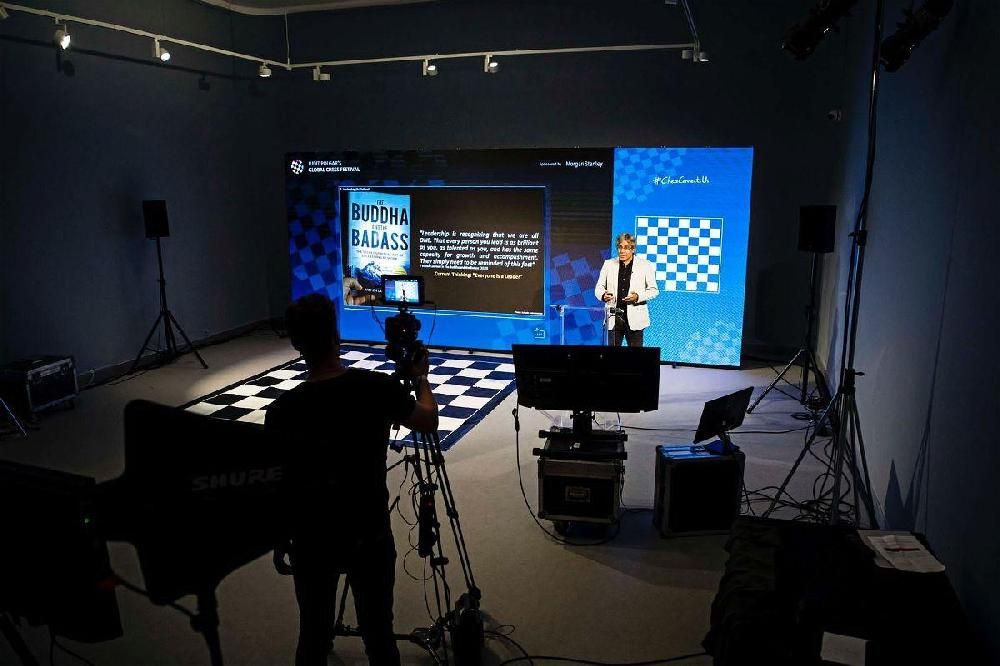
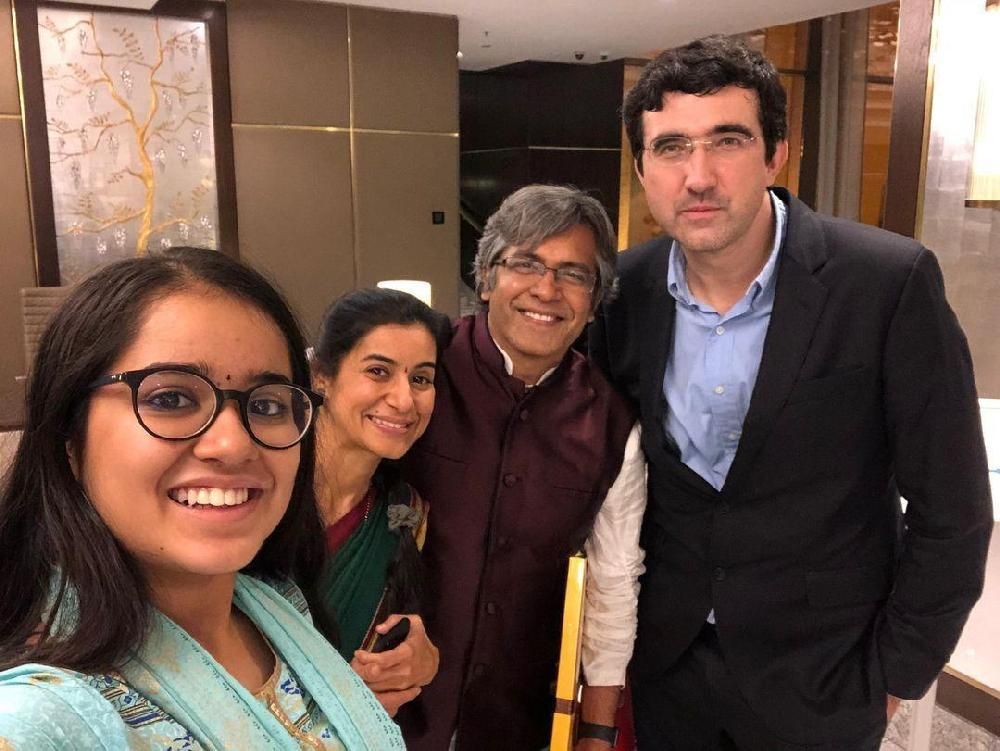
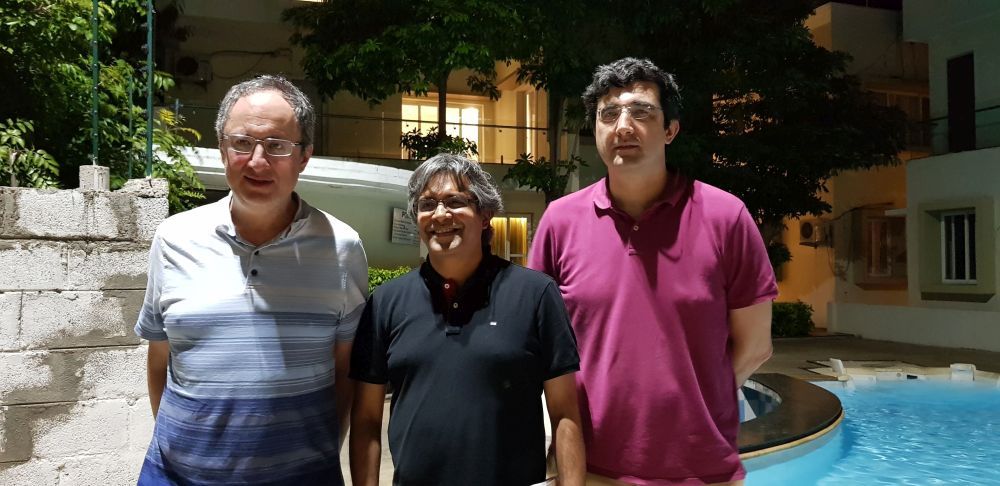
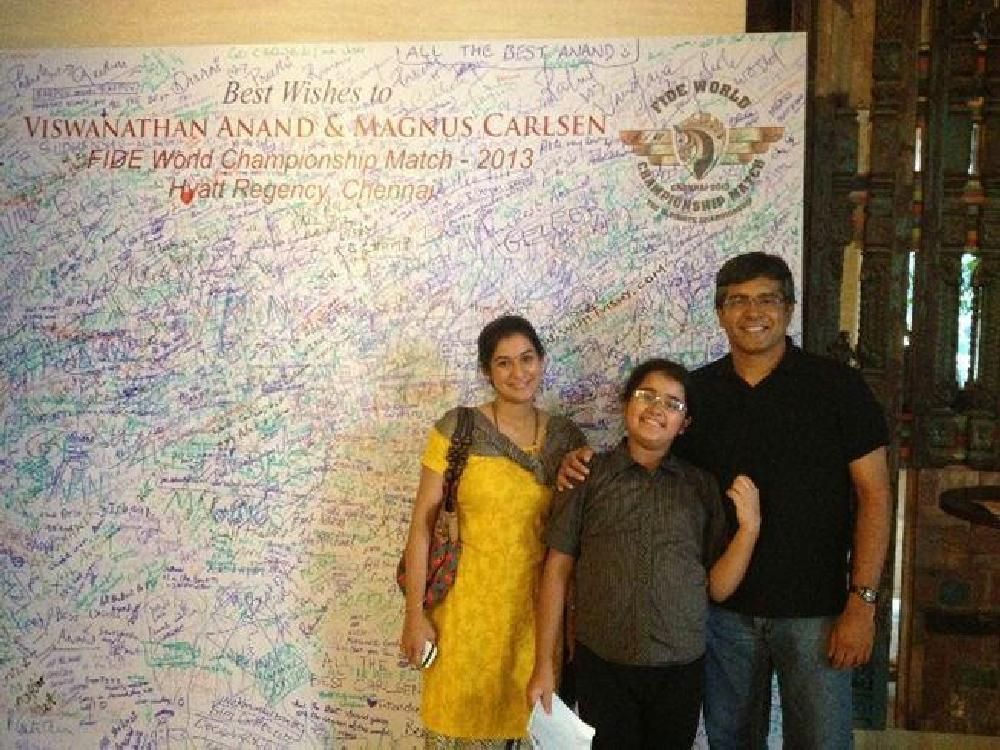
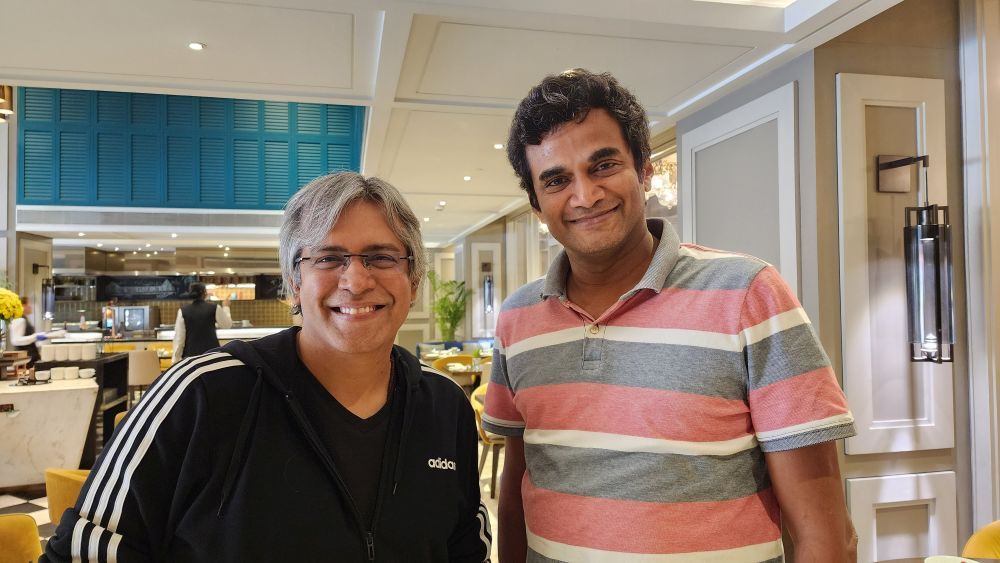
At the beginning of the article, I wrote about Ashwin following a dream that someone would say was "too late" for him. Knowing about his life and his journey, one could fathom that it must not be easy for him to follow his dreams. Having left chess at a young age and then starting again when people would say it was too late to get into the game, Ashwin has done it all. He resumed his chess journey again, not because he had something to prove to the world but because he simply loved the game.
He is a true example of what it is like to never stop learning. His zeal to never stop learning from people and their experiences has taken him so far in life, and that is commendable. Moreover, what inspires me the most is how he has beautifully combined his love for chess, photography, and technology all in one while giving back to the community.
A man with a million dreams and a heart of gold, we celebrate him and his journey in this article.
About the Author - Sneha Tiwari
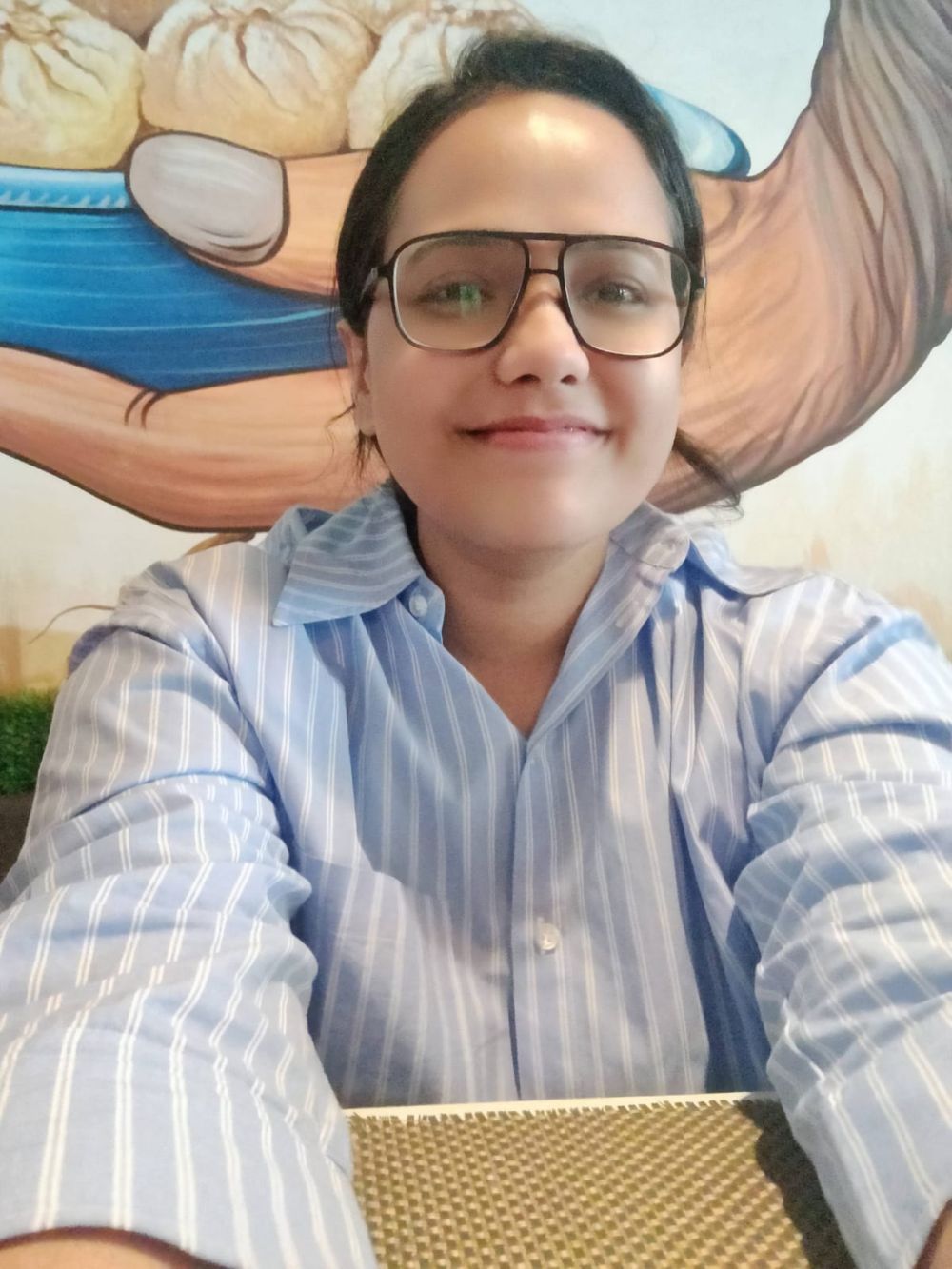
From the city of nawabs and a graduate in mechanical engineering, I think “jack of all trades” is what would describe me the best. Interested in a lot of fields such as photography, chess, writing, reading, philosophy, psychology, gardening, and many others, I am someone who believes that constant learning is the way to grow. Having loved chess all my life, I have recently started studying it and want to play at least one professional tournament in my life. Chess and photography are my two loves and I would like to combine them and convert them into a profession someday.



